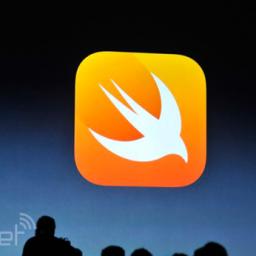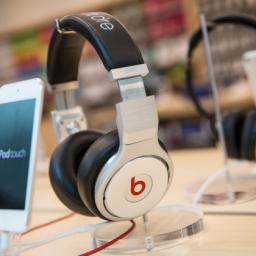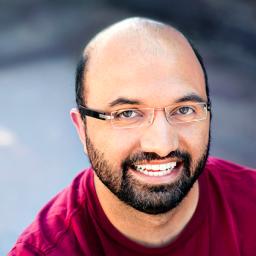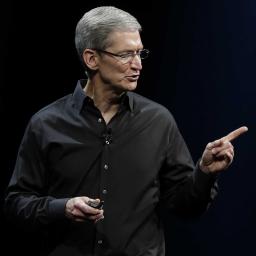
Two interesting articles showed up in my RSS feed today, that juxtaposed, make for an interesting discussion. First,
Business Insider has provocatively written that Android is definitively the OS for poor people, and iOS for the rich. They've got some data that shows that people of higher income brackets overwhelmingly use iphones, while Android devices are used by the brackets with less disposable income. But at the same time,
they've posted a good article showing a list of eight things the iphone can't - and probably will never - do. They include external storage, NFC support, USB connectors, and a couple of others [all one one page, not eight clicks: thank you!]
So is Android destined to be the poor man's iphone, or is it the ecosystem busy pushing the boundaries of technology and function? Because the days of claiming Android is simply catching up to Apple seem to be long behind us.

Apple
announced a new programming language yesterday at its yearly developer conference. With improvements in speed and ease of development, the new language aims to replace Objective C, Apple's previous language of choice.
As usual, software development in the new language is limited to the company's
XCode programming IDE available for no cost in OS X.

After
several rumors this month,
Apple and
Beats Music officially
confirm a buyout of the
streaming music service for 3 billion.
Despite rumors that Apple was only interested in Beats Music in an effort to boost a decline in iTunes numbers, the deal includes both the hardware and the streaming software sectors of Dr. Dre's business. And it's Apple's largest purchase ever.
For a monthly subscription of $9.99, users of the service can stream music from a library of over 20 million songs.
 Anand Lal Shimpi, founder of reknowned tech website Anandtech, has announced his retirement from Anandtech and tech journalism. His new challenge: an undisclosed role with Apple Corporation. This may seem like a small move in the business world, but Anand has the knowledge and credibility to take on an immense leadership role at Apple as time moves on. Successor to Tim Cook or Johnny Ive, who knows, but you can't help but think Apple has hired a gem.
Anand Lal Shimpi, founder of reknowned tech website Anandtech, has announced his retirement from Anandtech and tech journalism. His new challenge: an undisclosed role with Apple Corporation. This may seem like a small move in the business world, but Anand has the knowledge and credibility to take on an immense leadership role at Apple as time moves on. Successor to Tim Cook or Johnny Ive, who knows, but you can't help but think Apple has hired a gem.


